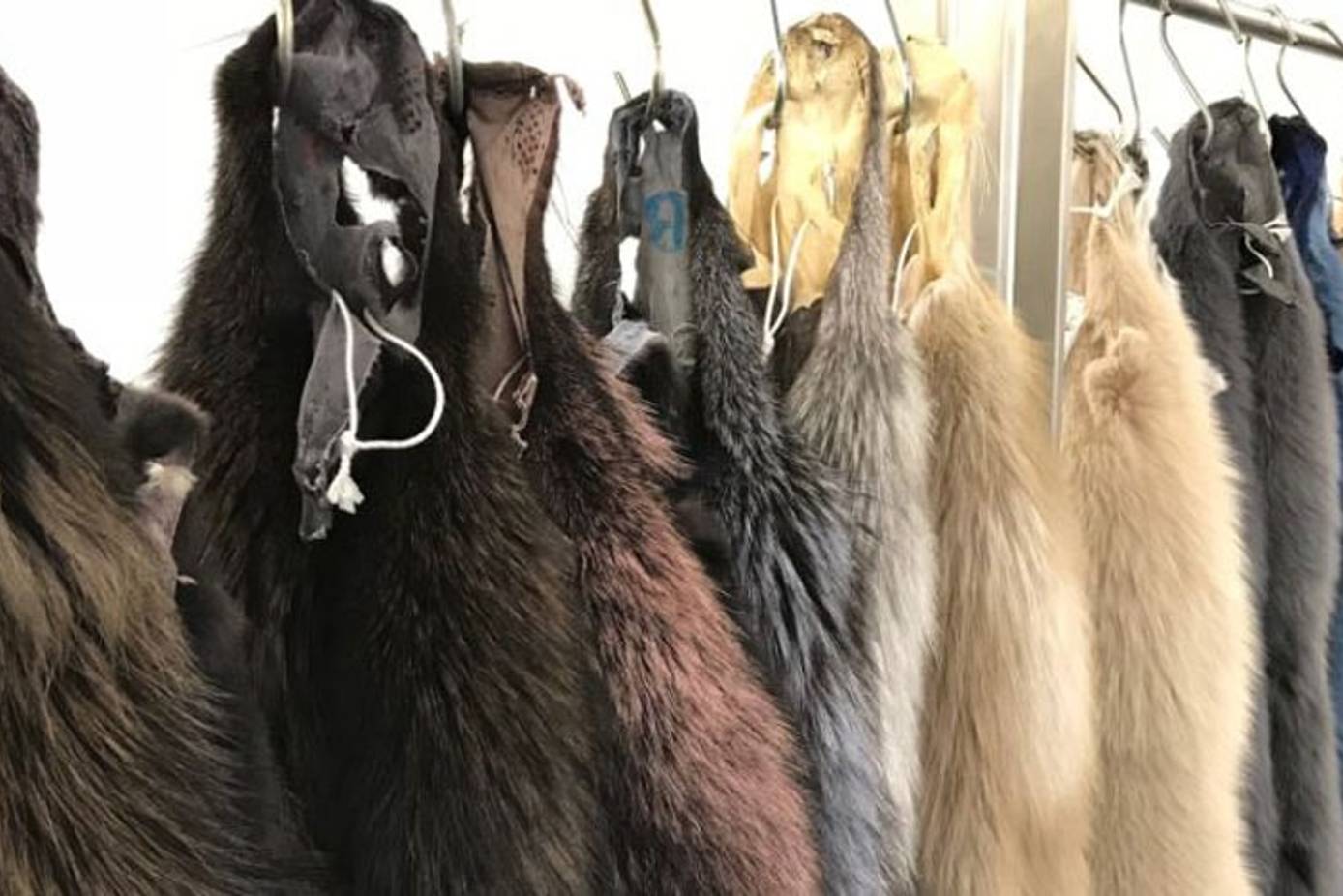The Ethics of Animal-Derived Materials in Fashion
 The use of animal-derived materials in fashion has been a long-standing practice, from leather to fur, wool, and silk. However, with growing concerns about animal welfare and environmental sustainability, the ethics of these materials is increasingly scrutinized.
The use of animal-derived materials in fashion has been a long-standing practice, from leather to fur, wool, and silk. However, with growing concerns about animal welfare and environmental sustainability, the ethics of these materials is increasingly scrutinized.
This article explores the moral dilemmas and environmental impact associated with animal-based materials, and how the fashion industry can transition to more ethical alternatives.
The Moral Dilemma: Animal Welfare in Fashion
One of the primary ethical concerns surrounding animal-derived materials in fashion is the treatment of animals within these supply chains. Leather, for example, is often sourced from animals raised in factory farms under poor conditions. Many cattle experience harsh environments, are subjected to stressful transport, and are slaughtered young, primarily for their hides.
Similarly, fur farming has been widely criticized for the cruel treatment of animals, including cramped living conditions and inhumane slaughter practices(National Humane Society). Even materials like wool and down are not without ethical concerns. Sheep, goats, and birds are often subjected to painful practices like shearing, plucking, and castration without pain relief(Collective Fashion Justice)(Good On You).
Cashmere goats, for example, are frequently combed using harsh metal tools, which can cause them significant stress and pain(Collective Fashion Justice). Furthermore, the mass killing of animals once they are no longer considered profitable remains a critical ethical issue in cashmere and down industries(Collective Fashion Justice).
The argument that leather and wool are mere by-products of the meat industry is also problematic. These materials often contribute to the profitability of animal farming, blurring the line between by-product and co-product(Ethical Consumer)
Environmental Consequences of Animal-Derived Materials
Beyond animal welfare, the environmental toll of using animal-derived materials in fashion is immense. Leather production, for instance, has a considerable environmental impact, as cattle farming is one of the largest contributors to deforestation, greenhouse gas emissions, and water pollution(Good On You)
The chemicals used in leather tanning, such as cyanide and chromium, are notorious for contaminating surrounding ecosystems, affecting both wildlife and human communities(Ethical Consumer).
Fur production, though associated with luxury fashion, also has a significant environmental footprint. Fur farming contributes to water contamination and soil degradation due to the waste produced by large populations of confined animals(Good On You).
Additionally, while faux fur may mitigate the cruelty inflicted on animals, it often involves plastic-based materials that contribute to microplastic pollution(Good On You).
Wool and down, while biodegradable, are not free from environmental concerns. The intensive farming of sheep and birds for wool and down feathers involves land degradation, water consumption, and waste management challenges.
Moreover, these industries also generate runoff that can pollute local water systems, contributing to larger environmental issues.
Alternatives: Innovative and Ethical Materials
Fortunately, advancements in material science have opened up a range of ethical alternatives to animal-derived materials. Vegan leather, made from plants like mushrooms, pineapples, and cacti, offers a sustainable and cruelty-free substitute to traditional leather.
Although many synthetic alternatives still involve plastic, innovations in bio-based materials are rapidly improving their environmental profile(National Humane Society).
Alternatives to fur, such as faux fur made from recycled polyester, provide a cruelty-free option that mimics the texture and warmth of real fur. Additionally, some companies are exploring lab-grown leather and fur, which are developed from animal cells without harming animals.
In the case of wool and down, materials like recycled polyester, hemp, and organic cotton offer sustainable alternatives. Brands are also turning to synthetic down, such as PrimaLoft and Thermore, which provide insulation without the need for animal products.
These materials not only reduce animal suffering but also help mitigate the environmental damage associated with traditional wool and down production.
The Way Forward: Compassionate and Sustainable Fashion
The fashion industry is at a turning point where ethical and sustainable practices are becoming essential to its future. While some brands have started adopting more transparent and responsible sourcing practices, the majority still rely on animal-derived materials. As consumers, we play a critical role in shaping the future of fashion by choosing cruelty-free and eco-friendly products
The movement towards compassionate fashion is growing, with brands like Stella McCartney and Veja leading the charge by using plant-based, recycled, and innovative materials in their collections(National Humane Society).
By supporting these brands, we can drive demand for sustainable alternatives and reduce the fashion industry's reliance on animal exploitation.In conclusion, while animal-derived materials have been a staple in fashion for centuries, their ethical and environmental consequences are increasingly difficult to ignore.
By embracing innovative alternatives, the industry can move towards a future that respects both animals and the planet. As consumers, the choices we make today will shape the fashion landscape of tomorrow.
References:
- Ethical Consumer - Animal Rights in Fashion
- Good On You - The Environmental Impact of Animal Products in Fashion
- Collective Fashion Justice - Animal-Derived Material Considerations
- National Humane Society - Compassion and Fashion
- Springer - Animal Ethics and Welfare in Fashion
- Four Paws International - The Impact of Animal-Based Fashion
- Fashion Justice - Alternatives to Animal-Derived Materials




























































